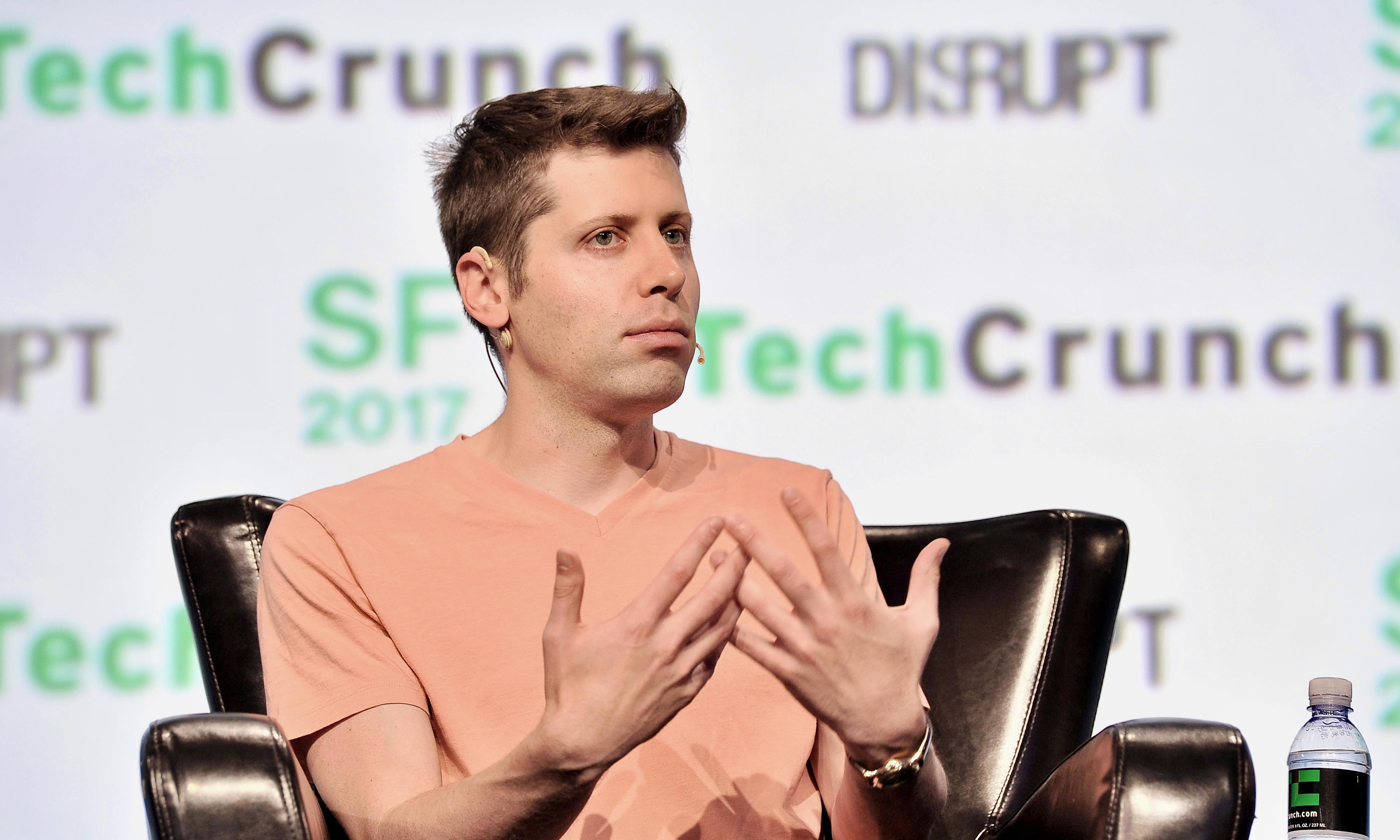In November, reports surfaced that Sam Altman had been traversing the Middle East to secure investment for a new AI chip venture. However, this information was overshadowed by his simultaneous removal and subsequent reinstatement as the CEO of OpenAI. Despite securing his leadership position as an AI developer, Altman has kept his intention to venture into the semiconductor manufacturing industry.
According to CCN, a recent report by the Wall Street Journal indicates that substantial progress has been made in the fundraising endeavors for the proposed new company. As a result of the United Arab Emirates (UAE) government's potential investment, "Tigris" may ultimately raise trillions of dollars, according to sources with knowledge of the situation.
Redefining the Semiconductor Landscape: Altman's Multibillion-Dollar Challenge
The production of semiconductors is costly. Therefore, only three companies can manufacture the most recent and intricate computer processors globally.
According to sources for the Wall Street Journal, Altman's ambitious endeavor may ultimately demand between $5 trillion and $7 trillion. Such a figure is without precedent and, by modern metrics, would position the organization as the most valuable in the world. However, to compete with Intel, Samsung, and Taiwan Semiconductor Manufacturing Company (TSMC), more than a few hundred billion dollars in budget may be needed.
NVIDIA, the market leader in highly regarded Graphical Processor Units (GPUs) in the AI industry, even employs TSMC as its manufacturing subcontractor. AMD, Apple, Qualcomm, and other industry titans feel the same.
Altman's objective is broader than competing with NVIDIA in the highly profitable AI semiconductor industry—his next business endeavors to occupy the apex of the food chain.
Customized Silicon Might Drive the Subsequent Stage of AI Advancement
AI developers currently rely on GPUs to train AI models. Furthermore, although NVIDIA and other companies have progressively emphasized the development of GPUs tailored for artificial intelligence, the foundational architecture of contemporary AI processors was initially conceived for an entirely distinct form of computation.
Bloomberg initially documented Altman's intentions regarding the semiconductor sector as involving the proposed manufacturer conducting research and development on Tensor Processing Units (TPUs). TPUs are constructed from the ground up to manage machine learning workloads instead of GPUs.
However, a TPU manufacturer could fetch a higher valuation than the combined market capitalization of Microsoft and Apple. According to CCN, Sam Altman is the most qualified individual to accomplish such an extraordinary feat.
Ensuring Satisfaction from Altman's AI Empire
Sam Altman, alongside erstwhile OpenAI board member and co-founder Elon Musk, is unquestionably one of the most influential men in artificial intelligence.
In addition to presiding over one of the industry's largest and most influential corporations, Altman owns equity in dozens of other businesses that either develop AI directly or operate in tangential industries. These include, among others, Lyso, Induced AI, and Neuralink, Musk's brain implant venture.
Furthermore, Altman has exhibited prior enthusiasm for the domain of AI hardware. OpenAI, for instance, has commissioned Jony Ive, the former chief design officer of Apple, to create a novel consumer hardware device that would serve as an AI interface beyond that of smartphones.
Photo: TechCrunch/Wikimedia Commons(CC BY 2.0)



 Palantir Stock Jumps After Strong Q4 Earnings Beat and Upbeat 2026 Revenue Forecast
Palantir Stock Jumps After Strong Q4 Earnings Beat and Upbeat 2026 Revenue Forecast  TSMC Eyes 3nm Chip Production in Japan with $17 Billion Kumamoto Investment
TSMC Eyes 3nm Chip Production in Japan with $17 Billion Kumamoto Investment  SpaceX Prioritizes Moon Mission Before Mars as Starship Development Accelerates
SpaceX Prioritizes Moon Mission Before Mars as Starship Development Accelerates  SpaceX Pushes for Early Stock Index Inclusion Ahead of Potential Record-Breaking IPO
SpaceX Pushes for Early Stock Index Inclusion Ahead of Potential Record-Breaking IPO  Sam Altman Reaffirms OpenAI’s Long-Term Commitment to NVIDIA Amid Chip Report
Sam Altman Reaffirms OpenAI’s Long-Term Commitment to NVIDIA Amid Chip Report  SoftBank Shares Slide After Arm Earnings Miss Fuels Tech Stock Sell-Off
SoftBank Shares Slide After Arm Earnings Miss Fuels Tech Stock Sell-Off  Oracle Plans $45–$50 Billion Funding Push in 2026 to Expand Cloud and AI Infrastructure
Oracle Plans $45–$50 Billion Funding Push in 2026 to Expand Cloud and AI Infrastructure  Google Cloud and Liberty Global Forge Strategic AI Partnership to Transform European Telecom Services
Google Cloud and Liberty Global Forge Strategic AI Partnership to Transform European Telecom Services  Anthropic Eyes $350 Billion Valuation as AI Funding and Share Sale Accelerate
Anthropic Eyes $350 Billion Valuation as AI Funding and Share Sale Accelerate  Sony Q3 Profit Jumps on Gaming and Image Sensors, Full-Year Outlook Raised
Sony Q3 Profit Jumps on Gaming and Image Sensors, Full-Year Outlook Raised  Nvidia Confirms Major OpenAI Investment Amid AI Funding Race
Nvidia Confirms Major OpenAI Investment Amid AI Funding Race  Tencent Shares Slide After WeChat Restricts YuanBao AI Promotional Links
Tencent Shares Slide After WeChat Restricts YuanBao AI Promotional Links  SoftBank and Intel Partner to Develop Next-Generation Memory Chips for AI Data Centers
SoftBank and Intel Partner to Develop Next-Generation Memory Chips for AI Data Centers  Nintendo Shares Slide After Earnings Miss Raises Switch 2 Margin Concerns
Nintendo Shares Slide After Earnings Miss Raises Switch 2 Margin Concerns  Jensen Huang Urges Taiwan Suppliers to Boost AI Chip Production Amid Surging Demand
Jensen Huang Urges Taiwan Suppliers to Boost AI Chip Production Amid Surging Demand 































